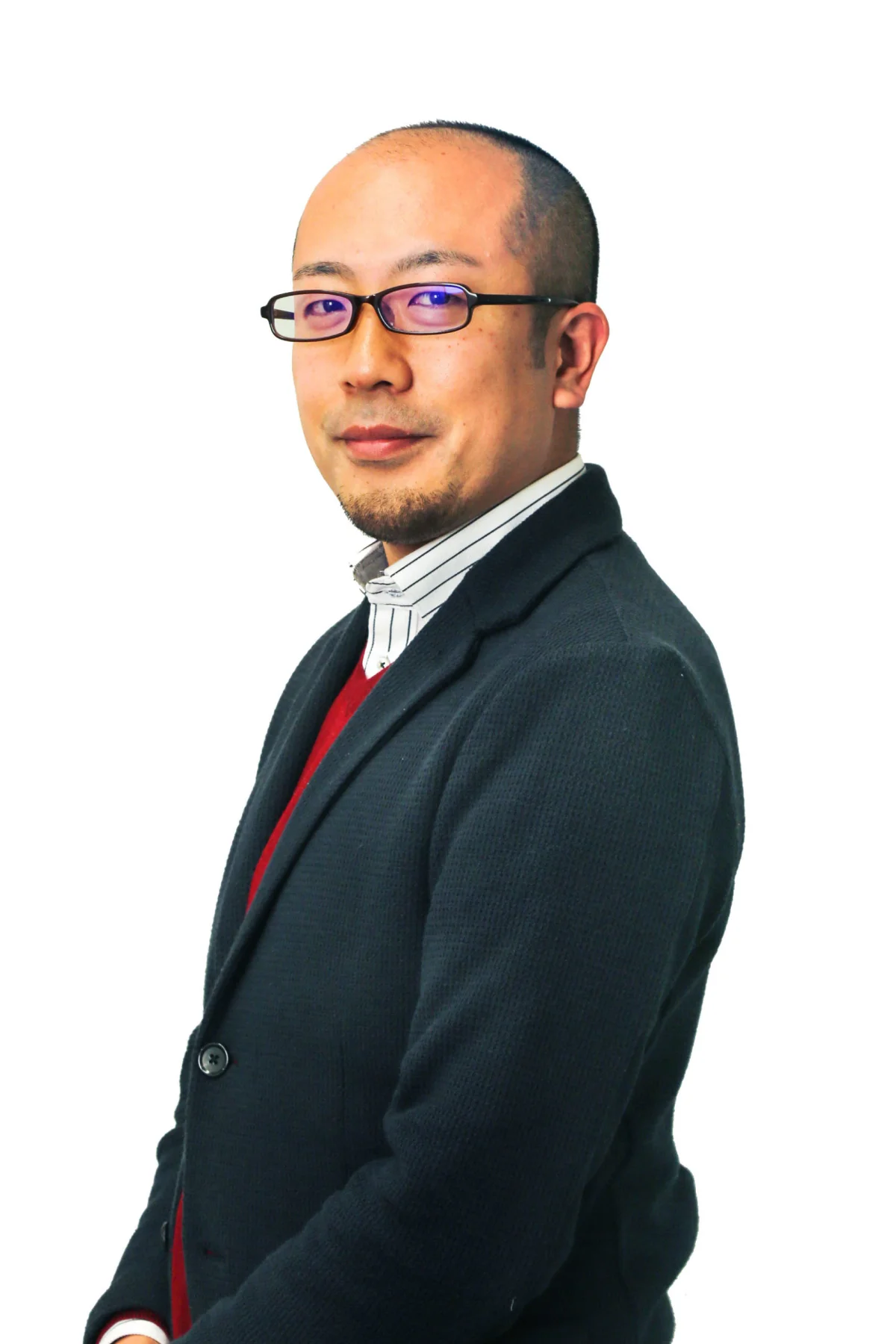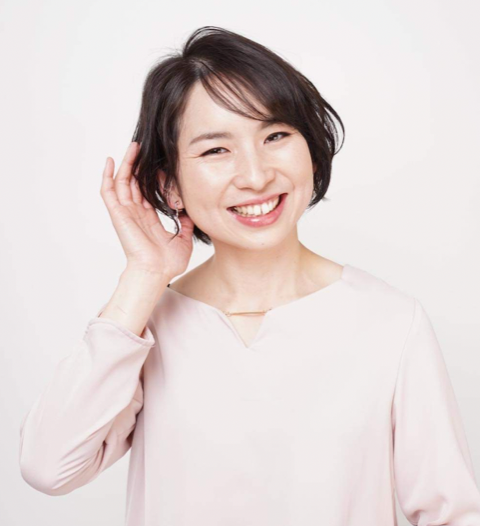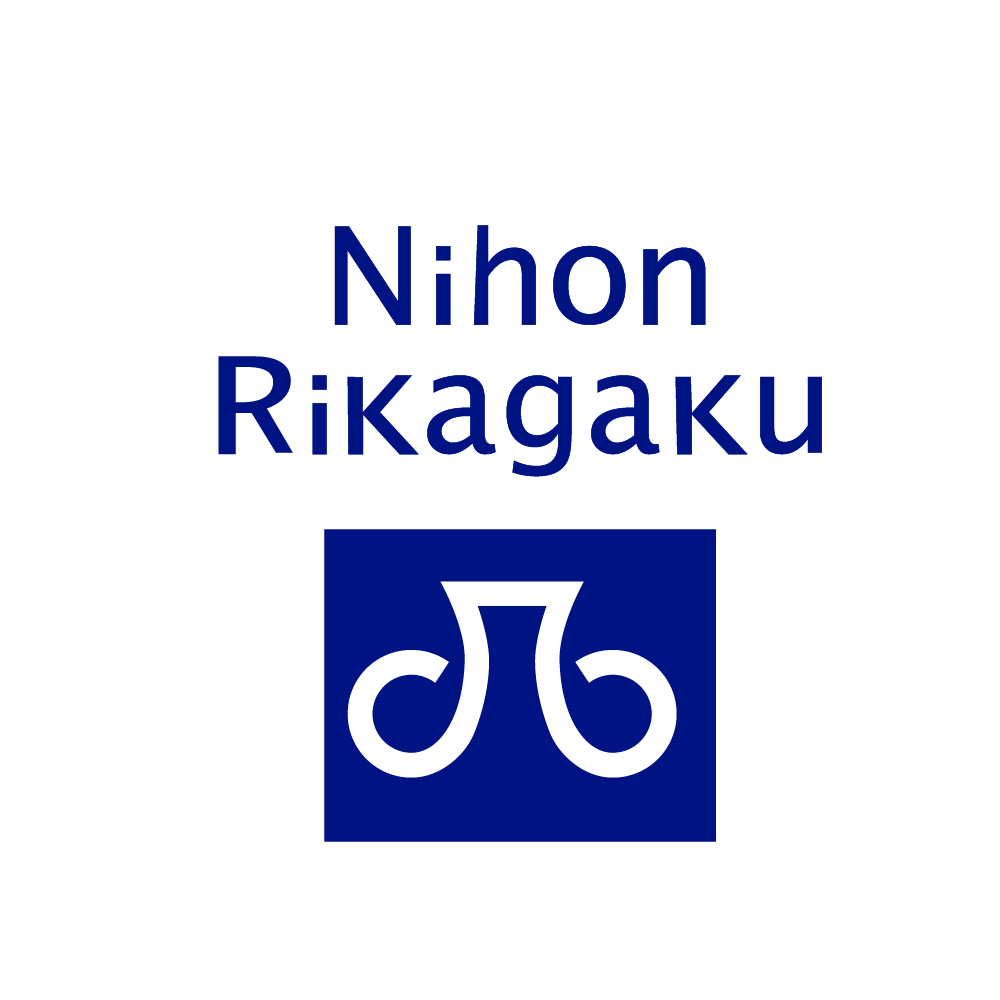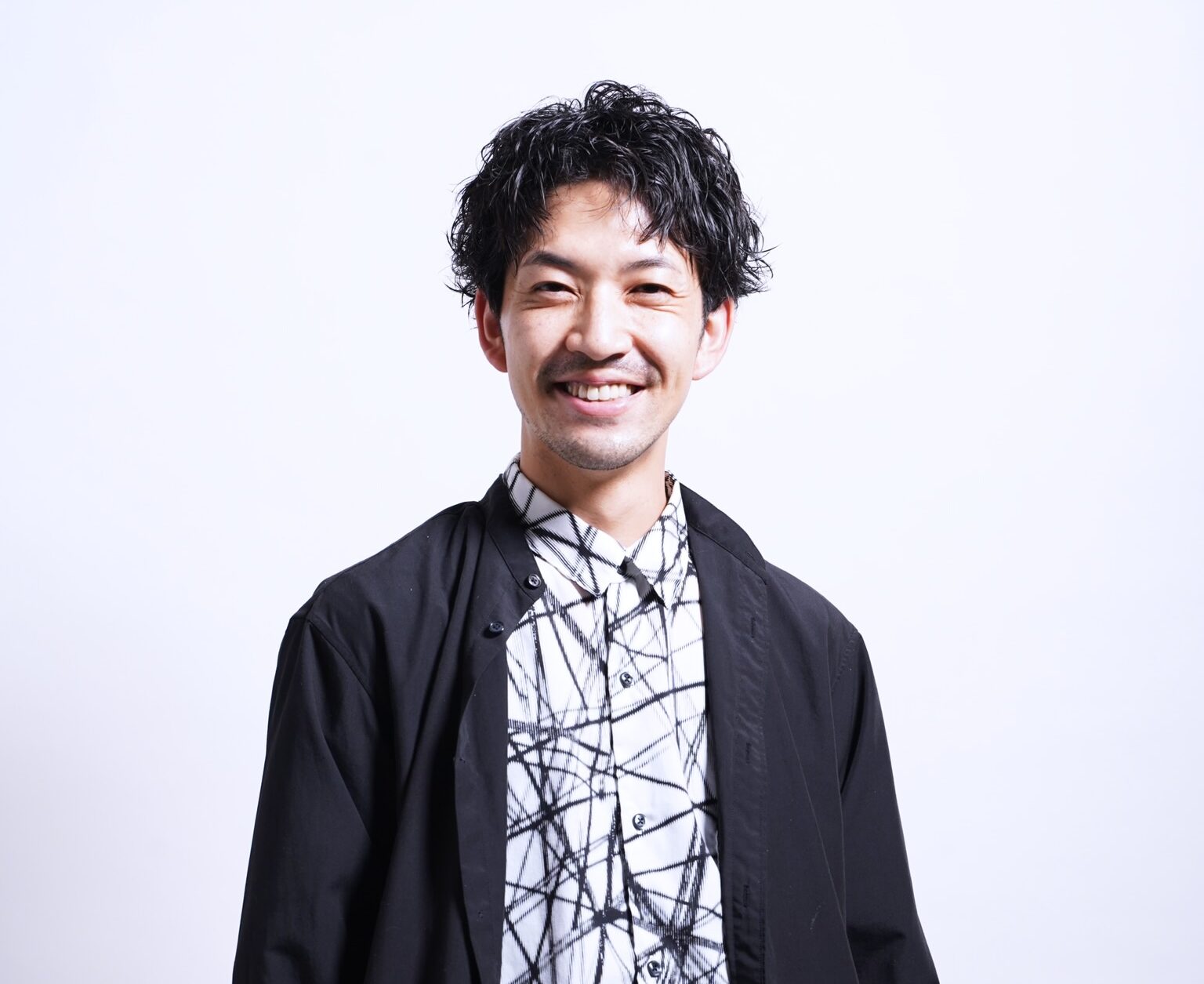Supporting Brighter Futures: Kaneko Building Maintenance’s Compassionate Journey with Children with Disabilities
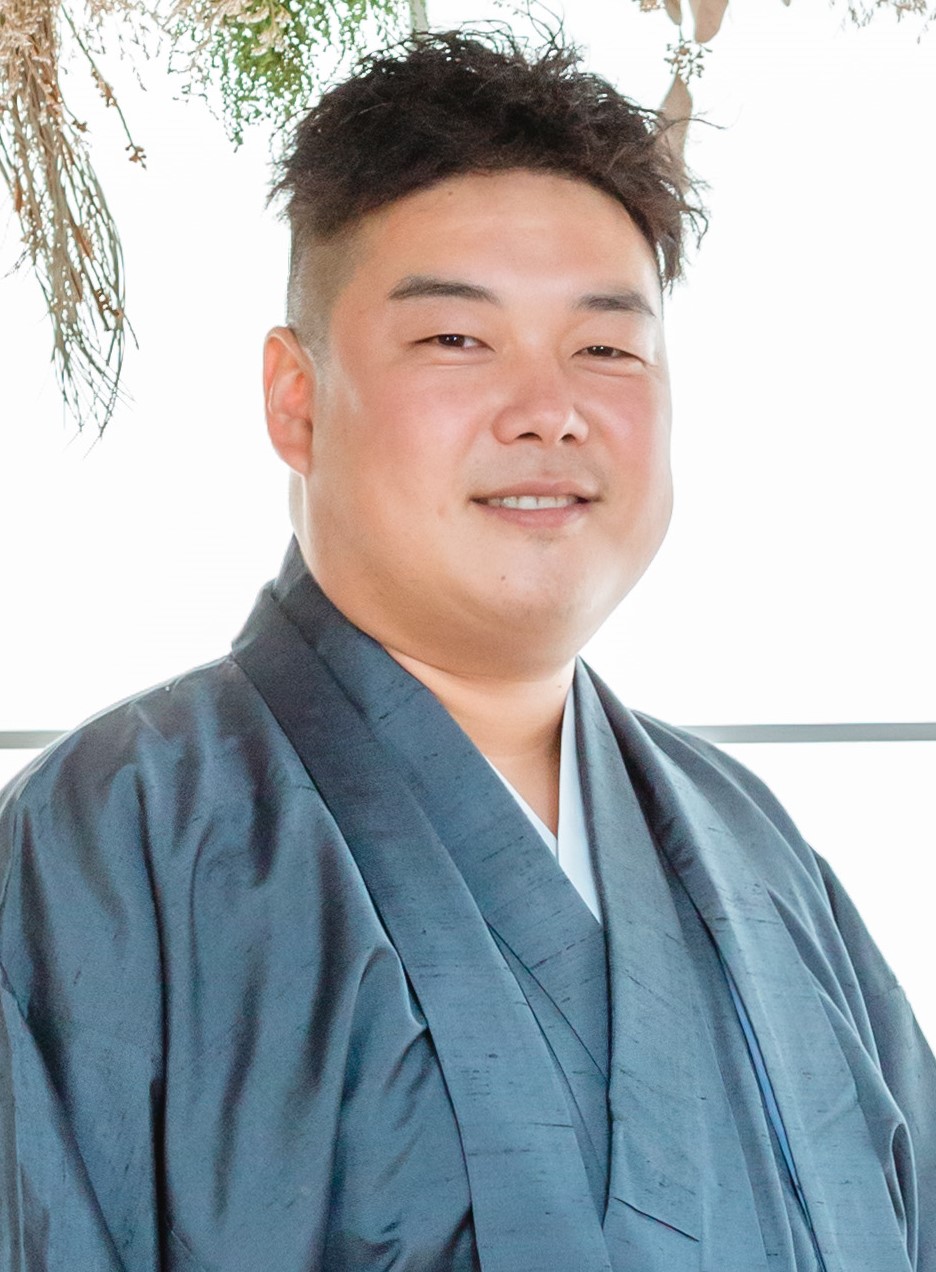
“I’m the one receiving support and strength. I’m just grateful for the opportunity to provide practical help,” says Ryota Kaneko of Kaneko Building Maintenance, who was among the first to volunteer as a “Supporter for Children with Disabilities,” with a genuine smile.
“Supporter for Children with Disabilities” is a program initiated by our company under the “Team☆Challenged” initiative. Companies register for a fee of 20,000 yen and provide monthly support of 5,000 yen. In return, we introduce their products and services to parents, fostering a mutually beneficial and ongoing support relationship.
Kaneko Building Maintenance specializes in comprehensive building management. The typical “benefits as a supporter company” don’t apply to them. So, what motivates them to enthusiastically become a supporter?
Through our interview, we discovered Ryota Kaneko’s sincere, warm, and kind-hearted intentions, perfectly reflected in his smile. Please take a look.
=====
Kaneko Building Maintenance Co., Ltd.
Established in 1979 and based in Kanda, Tokyo. Kaneko Building Maintenance Co., Ltd. specializes in the cleaning and repair of high-rise building windows and exterior walls. The company is committed to maintaining safe and comfortable building environments, offering comprehensive support to extend the longevity of buildings.
=====
──Can you share with us your first impressions when hearing about “Team☆Challenged”
When I first learned about “Team☆Challenged,” I was deeply moved. I have known Mrs. Uchiki, the representative, through work for about four years. Initially, we began handling house cleaning through a trusted referral. Currently, Mrs. Uchiki is our only private client, as we often have to decline even building cleaning projects due to high demand.
Working with Mrs. Uchiki has always been a learning experience. During one of our conversations, she introduced me to “Team☆Challenged.”
But Mrs. Uchiki is truly remarkable. She not only openly discusses disabilities but also connects them to future possibilities. She has this incredible ability to transform challenges into opportunities, creating something entirely new. I found that truly inspiring.
──What made you decide to become a supporter?
Before hearing about the opportunity, I was in a state of wanting to do something, but what can I do? When I learned about the supporter program, I thought, “Thank you for giving me such a chance.”
Currently, I am fortunate enough to run my own company and have children. As I began thinking about my daughters’ future, I also started considering what I could do for the future of all children and Japan. I realized that I might be able to contribute and make a difference.
Being a supporter doesn’t feel like a donation. In the long run, we’re the ones receiving the power. We gain a sense of strength from knowing, “I am able to support someone!” I feel like we are getting so much in return for a small monthly amount. It’s not about helping others; it’s about being part of something bigger.


